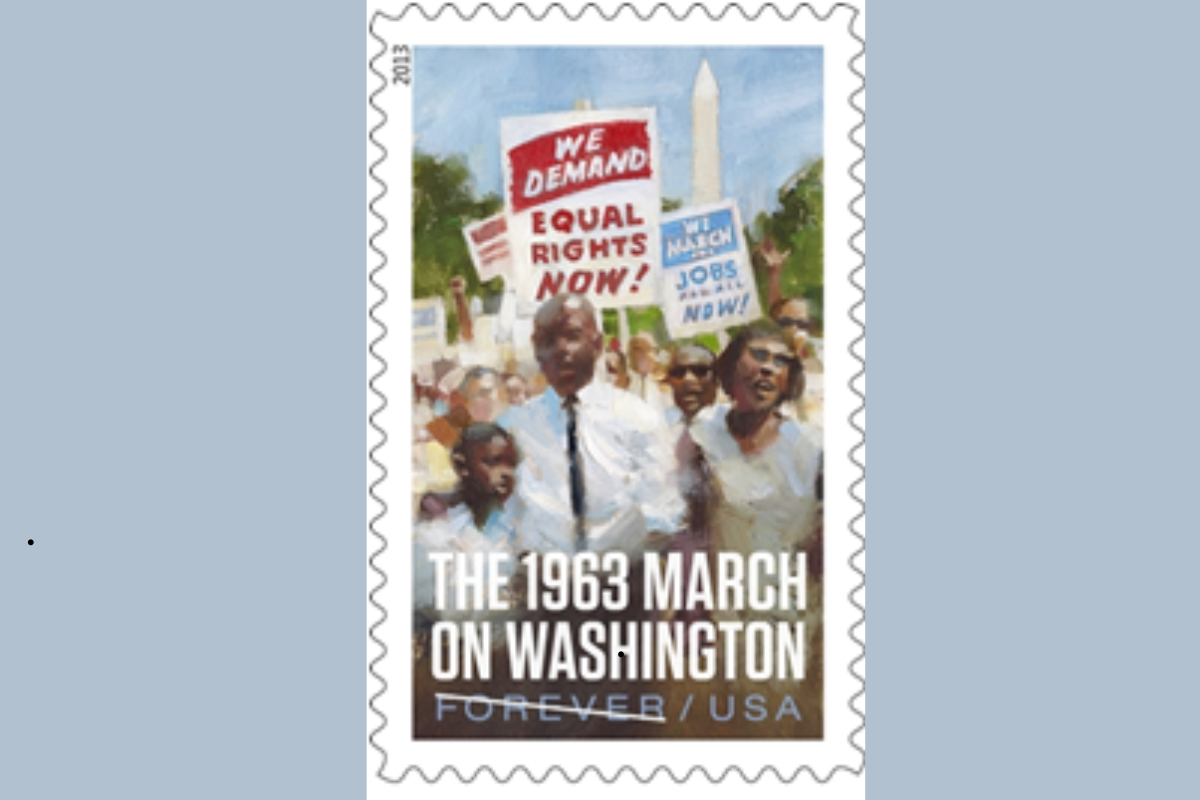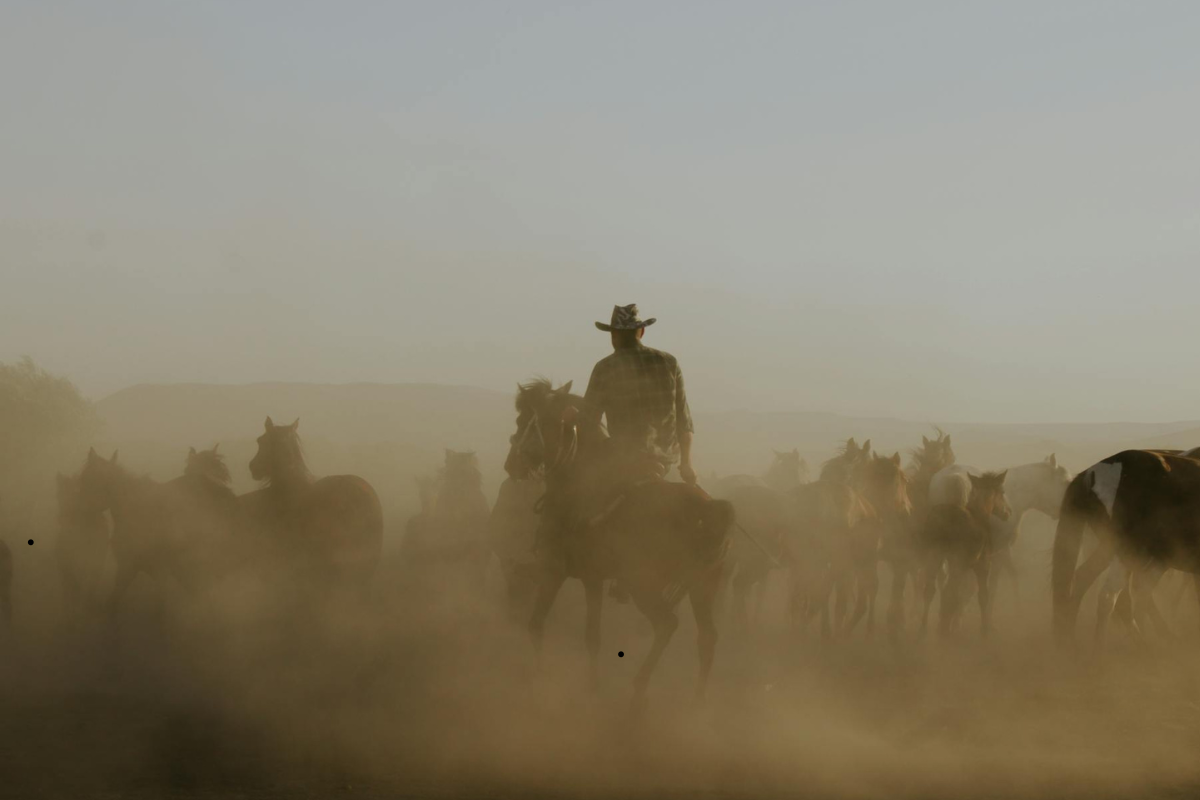The Prize Cases (1863)
Presidential Emergency and War Power
The president’s powers under Article II of the Constitution are broadly defined. All executive power rests in the president. He is the chief executive officer and the commander in chief when the militia is called into service. The extent of such powers is unclear and imprecise. In the system of checks and balances and separated powers, the president’s powers are limited primarily by Congress and the federal judiciary.
If Congress expresses approval of a president’s use of power, the courts are more willing to rule such actions consistent with the Constitution than if Congress expresses disapproval or is silent. The president’s power is at its pinnacle when Congress approves of the president’s exercise of power, and it falls in the domain of foreign affairs and national security. As Justice Jackson stated in his concurring opinion in Youngstown Sheet & Tube v. Sawyer (1952), “When the President acts pursuant to an express or implied authorization of Congress, his authority is at its maximum, for it includes all that he possesses in his own right plus all that Congress can delegate.” The Prizes Cases do not fit this circumstance because President Lincoln acted before authorization from Congress.
In The Federalist, both Alexander Hamilton and James Madison articulated a broad view of executive power in the national security domain. In Federalist 23, Hamilton wrote that national security powers “ought to exist without limitation; because it is impossible to foresee or to define the extent and variety of national exigencies, and the correspondent extent and variety of the means which may be necessary to satisfy them.” Madison echoed Hamilton’s point in Federalist 41 stating that “[t]he means of security can only be regulated by the means and the danger of attack. They will in fact be ever determined by these rules, and by no others. It is in vain to oppose Constitutional barriers to the impulse of self-preservation. It is worse than in vain; because it plants in the Constitution itself necessary usurpations of power, every precedent of which is a germ of unnecessary and multiplied repetitions.”
While The Prize Cases involved presidential actions that lacked congressional approval, they also involved executive actions in response to a national security crisis, insurrection. It is in such circumstances that some have argued that the president possesses unenumerated, inherent emergency or prerogative powers that can be used to justify unilateral executive military action.
Lincoln’s Blockade of Southern Ports
When Abraham Lincoln was election president in November 1860, the nation was on the brink of civil war. Fort Sumter was attacked by Confederate soldiers on April 12, 1861. From Lincoln’s perspective, this date marked the beginning of the American Civil War. The president did not wait for a declaration of war from Congress to respond to the attack on Fort Sumter. He ordered a blockade of Southern ports on April 19 and extended the blockade to additional Southern ports on April 27. He took these actions before Congress declared war, declared a state of insurrection, or passed legislation or resolutions authorizing the president’s actions. After the blockade was implemented, Congress retroactively approved Lincoln’s war measures in July and August 1861.
The legal dispute at the heart of The Prize Cases involved seizures of four neutral vessels and their cargo. The circumstances of the ships were not identical. Two of the ships were foreign-owned, the Hiawatha (British) and the Brilliante (Mexican); two were American-owned, the Crenshaw and the Amy Warwick. Some of the ships were headed into southern ports and others were headed out of them. The Crenshaw, a Richmond-owned ship, was transporting tobacco to England. The Amy Warwick was carrying coffee and was destined for Richmond and other ports including New York and Philadelphia. The Hiawatha was transporting tobacco and on its way to England. It was late exiting a southern port and missed the deadline set by Lincoln’s blockade proclamation. The Brilliante was transporting flour and headed to Mexico. Rough seas and a munity complicated the ship’s journey. None of the ships were transporting what can be considered “hard” war goods such as weapons. The paramount question in The Prize Cases is: Did President Lincoln have the constitutional authority to order the blockade before being authorized by Congress to do so.
Justice Grier’s Opinion
The Court divided 5-4 for Lincoln. Justice Grier wrote for the majority. He acknowledged that “Congress alone has the power to declare a national or foreign war.” He added that the president “has no power to initiate or declare a war either against a foreign nation or a domestic State.” Why did Justice Grier, then, believe that Lincoln was authorized by the Constitution to unilaterally order the blockade of Southern ports without congressional authorization?
Justice Grier cited three sources of power to legally justify Lincoln’s actions. First, the law of nations, a source of inherent executive power, gives the right to nations to blockade ports and seize ships and cargo during war. For a blockade to be lawful, it must be disseminated so that neutral ships know to avoid blockaded ports and waters, and a war must exist. Lincoln’s blockade was sufficiently communicated inside and outside the United States. According to Justice Grier, the president’s “proclamation of blockade is, itself, official and conclusive evidence to the court that a state of war existed.”
Second, Congress passed legislation in 1795 and 1807 that authorized the president to use military force in case of invasion or insurrection. Consequently, the president did not need authorization from the current Congress because he was given the necessary war powers from previous Congresses.
Finally, a state of war existed at the time that Lincoln issued the proclamation of blockade. He did not initiate the war but was obligated to respond to acts of insurrection or war even before Congress passed legislation in July and August 1861 retroactively approving Lincoln’s actions from April 1861. Grier explains that the “President was bound to meet it in the shape it presented itself, without waiting for Congress to baptize it with a name; and no name given to it by him or them could change the fact.” As Commander in Chief, it was the president’s constitutional duty to respond to and suppress the insurrection with whatever level of force he deemed appropriate. It is not the place of the Court to question the means of force used by the president. As Grier stated, “this court must be governed by the decisions and acts of the Political Department of the government [the President] to which this power was intrusted.”
Justice Nelson’s Dissenting Opinion
The central dividing line that separated the majority justices from those in dissent was the precise point at which the nation was deemed to be at war. Justice Grier argued that Lincoln’s blockade was justified by the existence of de facto war before the president declared the Southern states to be in rebellion. Writing for the four dissenting justices, Justice Nelson argued that Article I, Section 8 of the Constitution states that only Congress can declare war and call up the militia to suppress insurrections. The president’s power to use the militia is contingent on congressional action. Congress took no such action prior to Lincoln’s war measures in April 1861.
Legislation created by Congress in 1792 and 1795 did not delegate to the president Congress’s power to declare war. It clarified such power. The 1795 law authorized the president to use military force in the case of insurrection with conditions. The state legislature, or the governor if the legislature is not in session, had to apply to the president for assistance in subduing insurrection for the president to be legally authorized to exercise the power defined by the statute. No Southern states made such a request.
Congress can be convened within thirty days. It was premature for the president to act before Congress could assemble. Prior to receiving congressional approval, the president, like George III in the War for Independence, was conducting “a personal war.” Yet Lincoln’s actions were more egregious because under British law the king had the power to declare war; the president, however, does not possess such power. Prior to a congressional declaration of war, “the only enemy recognized by the government was the persons engaged in the rebellion, all others were peaceful citizens, entitled to all the privileges of citizens under the Constitution” including those whose ships were seized. A state of war did not exist until July 13, 1861, when Congress authorized the president to take war measures against the Southern rebels including a blockade of Southern ports. Prior to this date, the blockade was unconstitutional. All ships and cargo seized before July 13 should be restored.
Significance of The Prize Cases
A little more than a century after The Prize Cases, Arthur Schlesinger, Jr. declared in The Imperial Presidency that “By the early 1970s the American president had become on issues of war and peace the most absolute monarch (with the possible exception of Mao Tseung of China) among the great powers of the world.” The accumulation of executive power did not happen at once. It was the consequence of incremental actions by presidents, Lincoln included, in the name of inherent emergency powers that became more common as the United States evolved into a world power and acted more like a crusader state than the modest republic it was created to be. While the Supreme Court would occasionally deny the president’s prerogative powers, in the domain of foreign affairs and national security, it was complicit in creating an imperial presidency. The rise of executive power would not have been possible without the abdication of power by Congress and the acquiescence of federal courts that have, like Hamilton and Madison in The Federalist, been willing to give presidents the benefit of the doubt when they claim that vital national interests are at stake that require extraordinary, even extra-constitutional, power.
Professor of Political Science at Middle Tennessee State University
Related Essays




